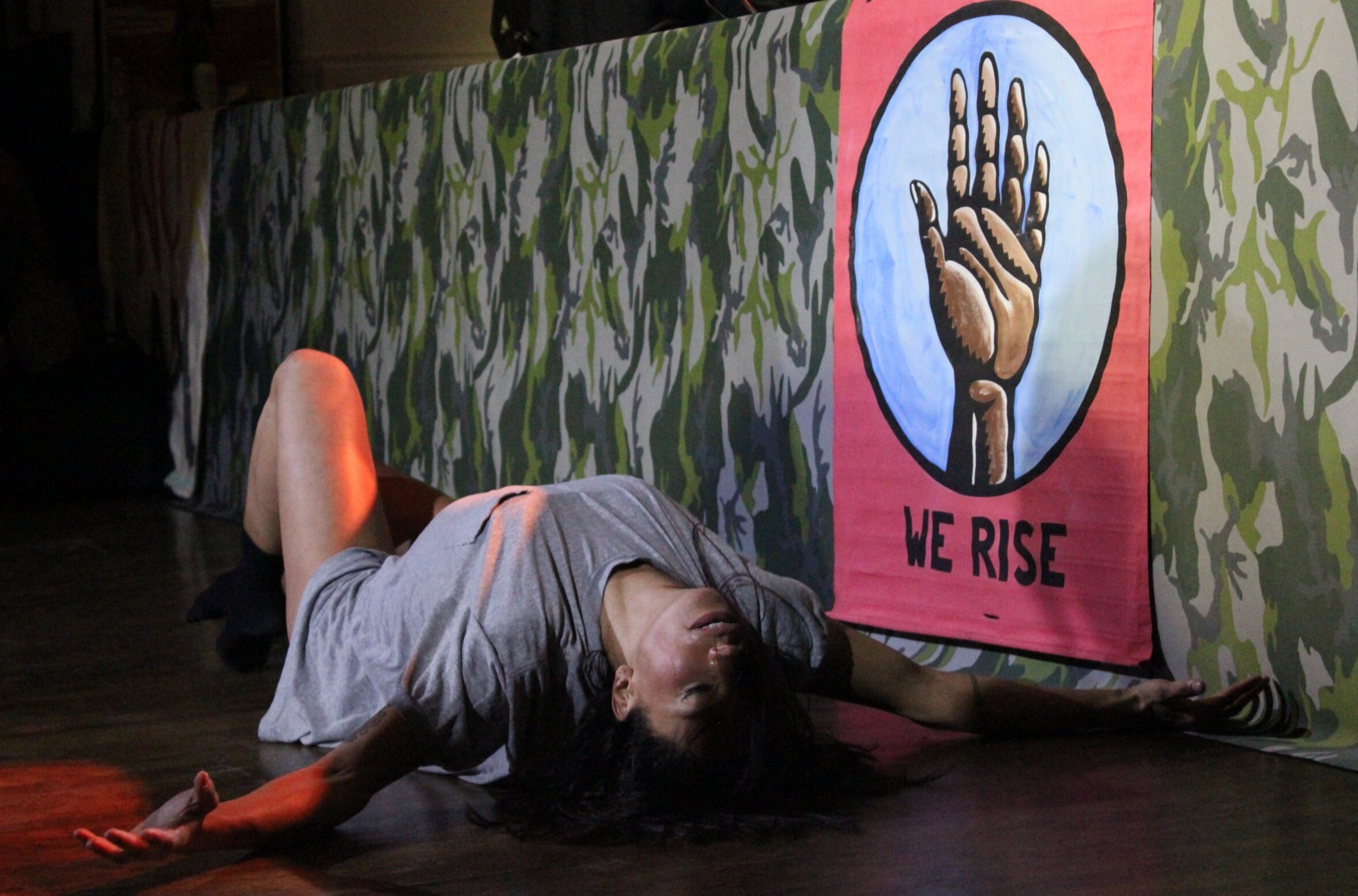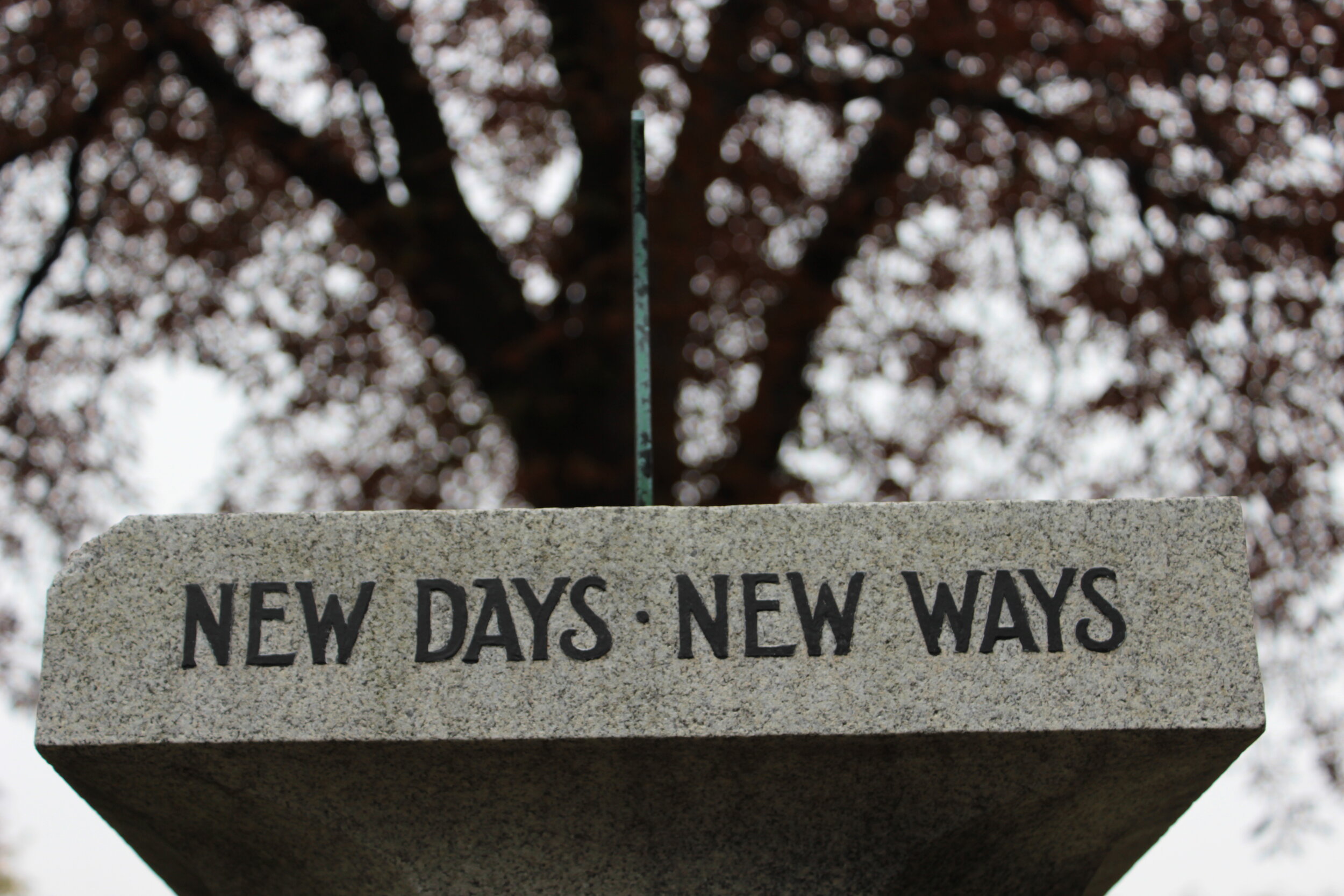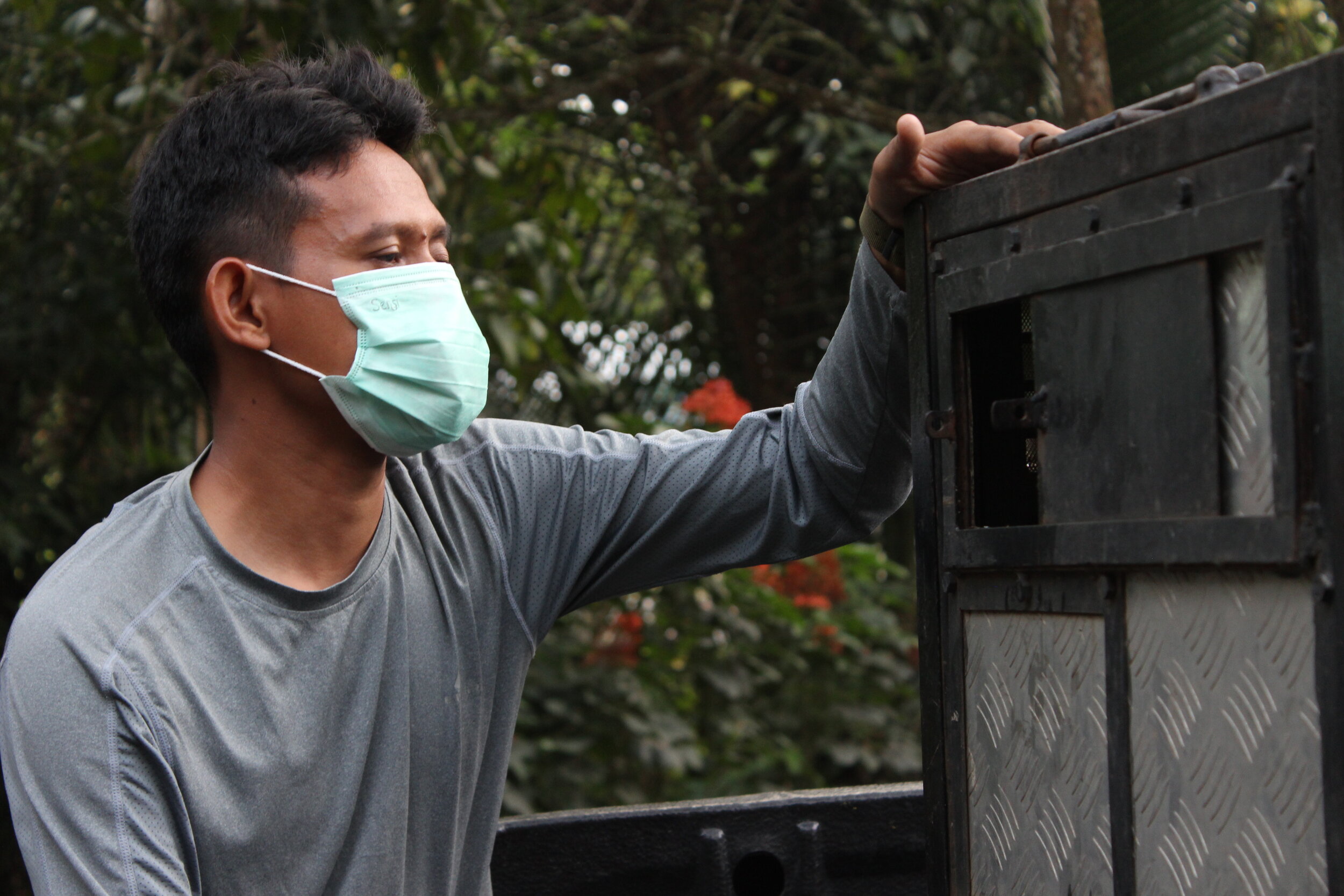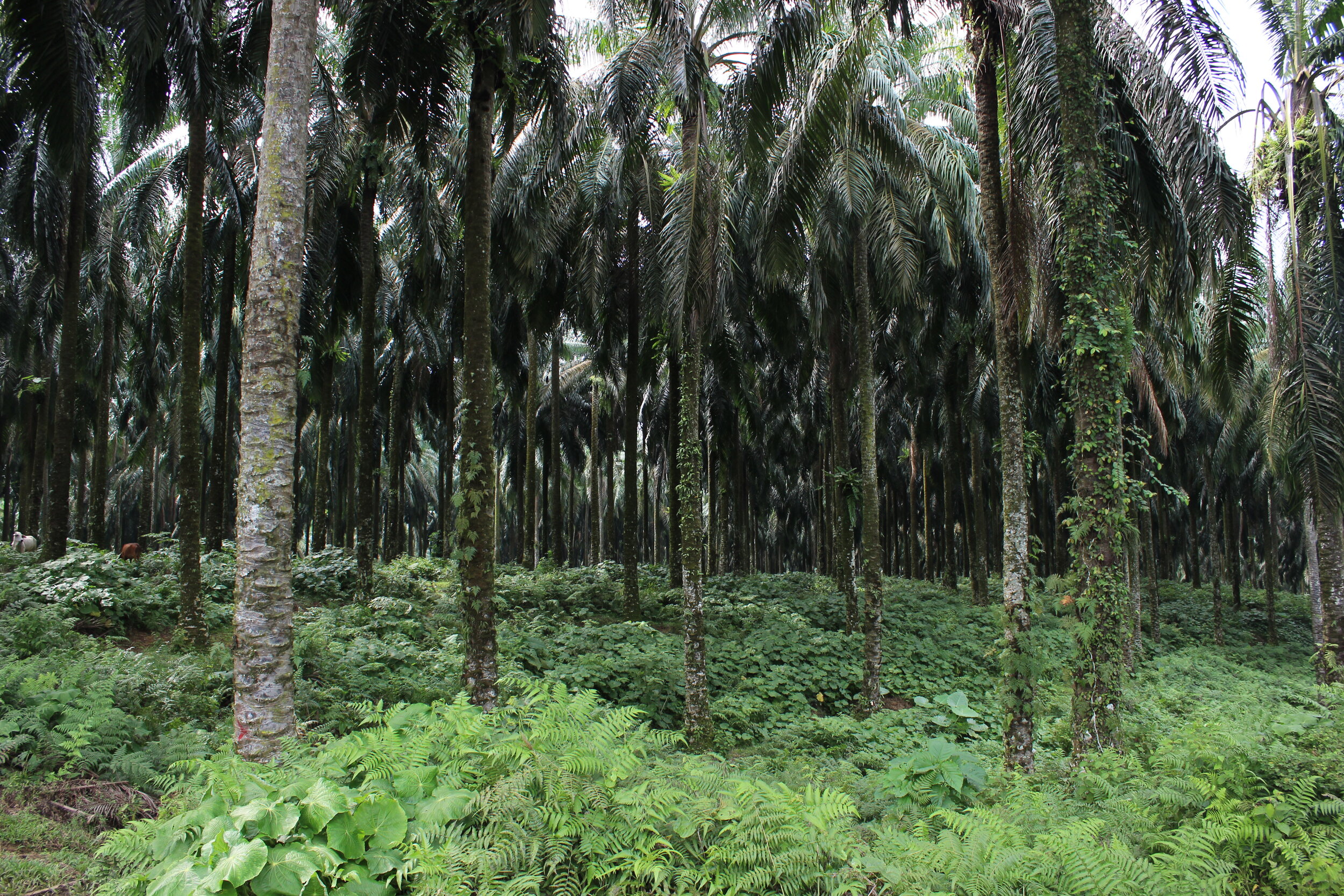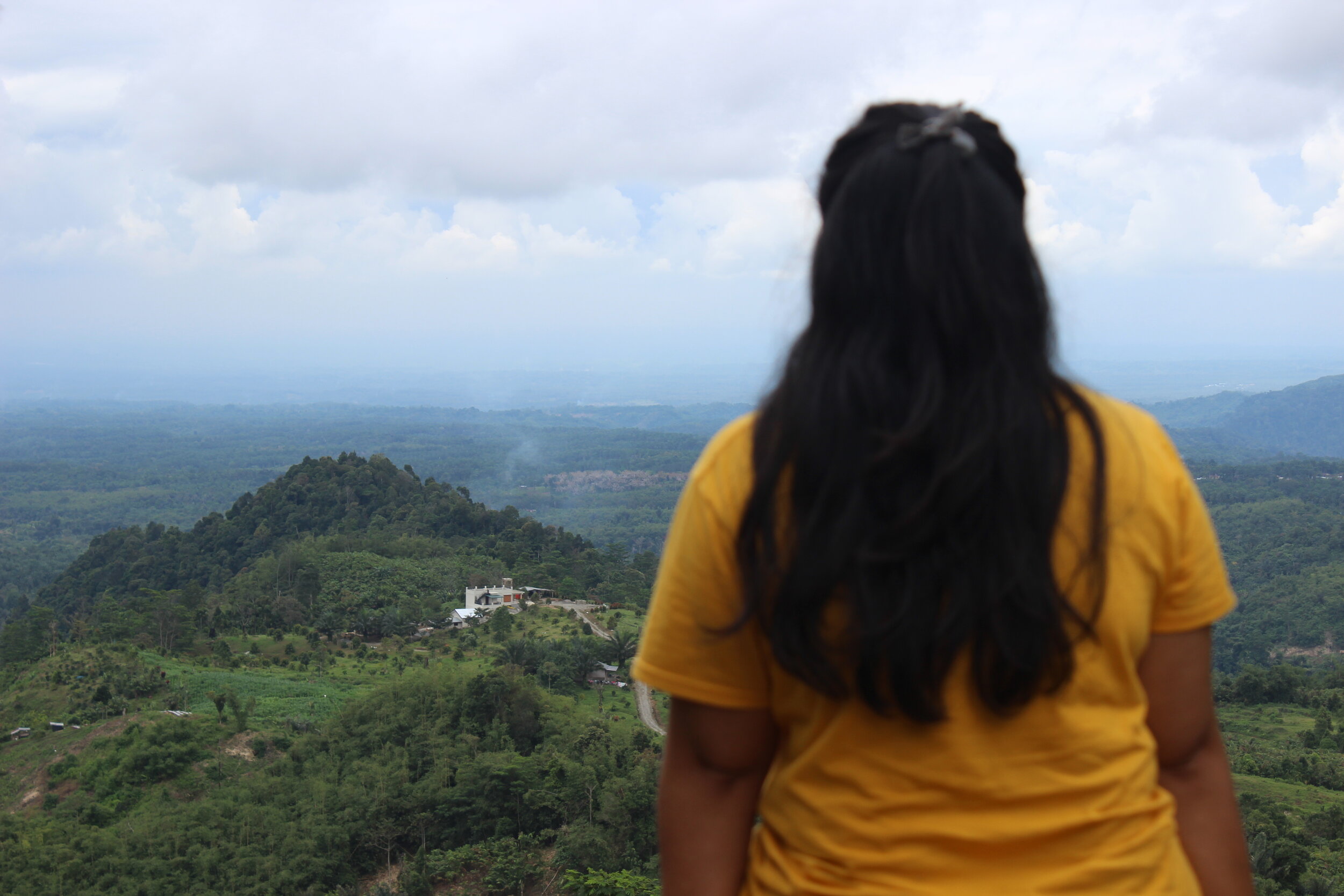AN OCCUPATIONAL THERAPIST SHARES TIPS TO MAINTAIN YOUR MENTAL HEALTH AS A SOCIAL JUSTICE ACTIVIST
By Christine Alexiou
Michelle 'Shel' Scott is an occupational therapist, storyteller and producer. In her work with clients, she blends therapeutic approaches, such as cognitive behavioural therapy, dialectical behavioural therapy and exposure theory, with other approaches like meditation and mindfulness. Shel explores the intersection of mental health therapy and activism, higher states of consciousness, and indigenous and ecological worldviews. She aims to come to a deeper understanding of all these topics and viewpoints in order to promote greater well-being among individuals, communities and the world at large.
Photographers Without Borders (PWB) Founder Danielle Da Silva recently chatted with Shel as part of PWB’s ongoing “Storytelling for Change” webinar series. Below are edited excerpts from their discussion which touched on facing mental health challenges during the pandemic, the importance of mindfulness, building community, forest therapy and indigenous ecological knowledge.
Danielle Da Silva: What’s your advice to activists for maintaining balance in their mental health when they feel overwhelmed by the big problems they're facing?
Shel Scott: Burnout is very real and very high in the social justice sphere. Taking breaks, taking time off the internet and stepping away is really important. It's good to find other people who can validate and support you, and who you can support as well, so you don't feel like you're alone.
It's super overwhelming to think about a huge goal like, 'Oh, all we have to do is take down capitalism.' Instead, think about one actionable thing that's happening in your society. And rather than trying to start your own thing, look at what other people are doing for whatever issue speaks to you most – whether it’s wealth inequality or food security. There are probably some initiatives that have already been started. Then, take action on that one thing.
I know it's hard to pick one thing. But there are a lot of movements that have gotten traction and involvement in recent years where people are using the slogans, sharing the logos and meeting in the streets. A lot of that is very well-intentioned, but they don't have an ask or a small list of demands that they're coming down on. So that momentum hits the wall and dissipates rather than being a pressure point.
Instead of thinking about taking on the monolithic beast of capitalism or colonialism, for example, find one group or committee in your area that's doing something that you believe is important. Concentrate on that one thing, and change will feel more possible.
Photos by Shel Scott
Da Silva: Do you have any thoughts about accessible ways that people can nurture themselves during the pandemic?
Scott: Now that we're all relegated to the digital sphere, I recommend having conversations where you might agree not to talk about the pandemic. It's good to take a break from that. Remember, you are allowed to have time outside of that to kind of collect your thoughts. For example, forest therapy is a free way to nurture ourselves. So much psychological scientific evidence shows that just being around trees makes people feel safer, more at ease and less anxious — it really brings physical markers of stress down. Communing with the natural world is where the scientific and the spiritual intersect.
I live in a big city, but a couple of days ago, I went for a walk and just noticed all of the beautiful flowers. I spent time gazing into them and contemplating them and offering gratitude for them. It completely brightened my day. If you can’t get outside for whatever reason, simply having plants in your home provides similar benefits to forest therapy.
Of course, we can't talk about the value of communing with the natural world for therapy without talking about indigenous knowledge and traditional ecological knowledge. This worldview has been available to us for millennia, and it's a different way of being in and relating to the world. I'm not the best to speak to this because I'm not indigenous myself, but I imagine it to be the difference between being colorblind and then being able to see color. It's something that you can't actually describe. But the lessons are there, and the teachers are all around us.
To learn more about Shel’s work, visit her website, and follow her blog Running Around Being Passionate.
You can watch Shel's full interview, and the entire Storytelling for Change series, by becoming a PWB Member. To join our upcoming sessions, register here.




